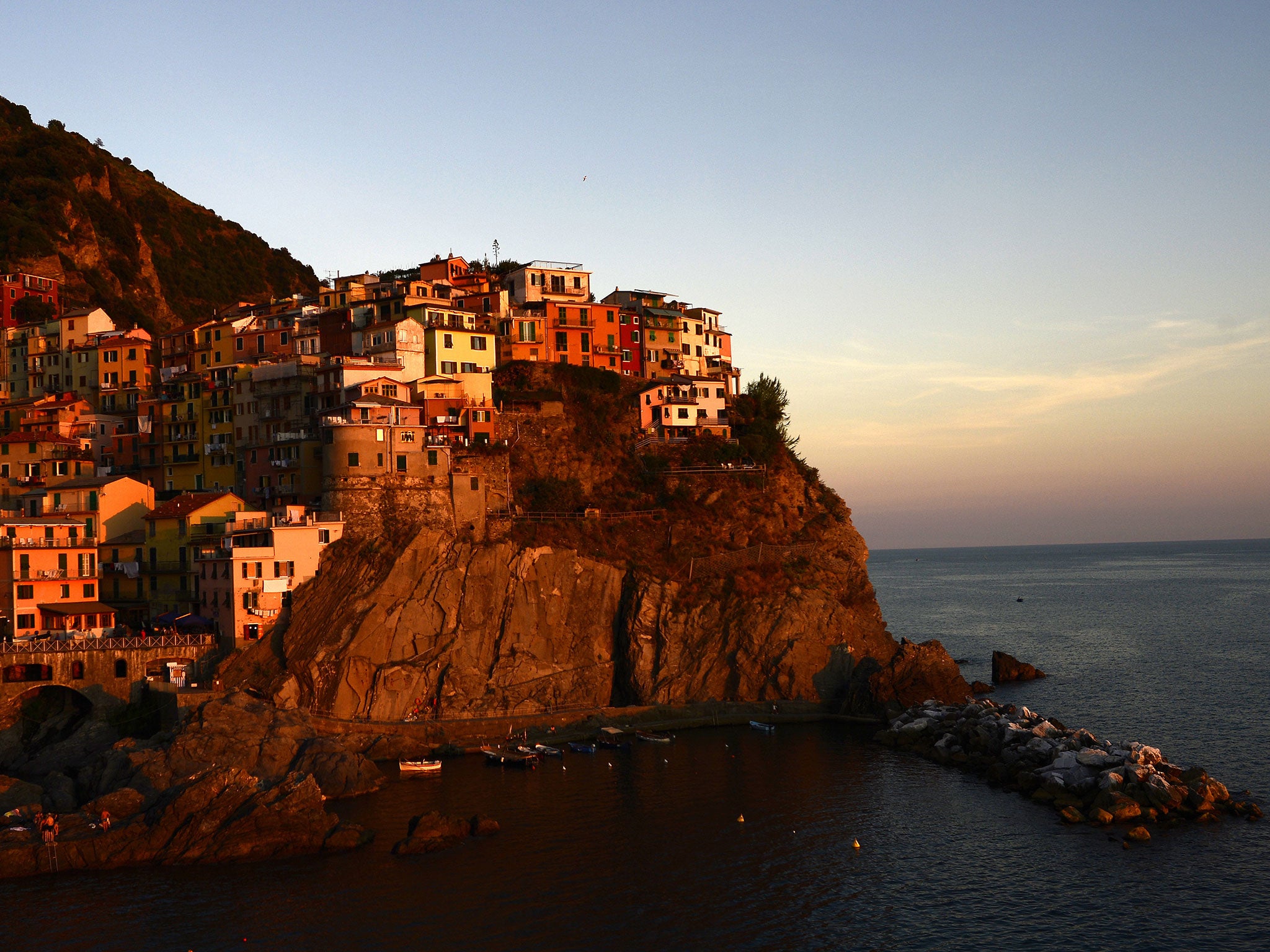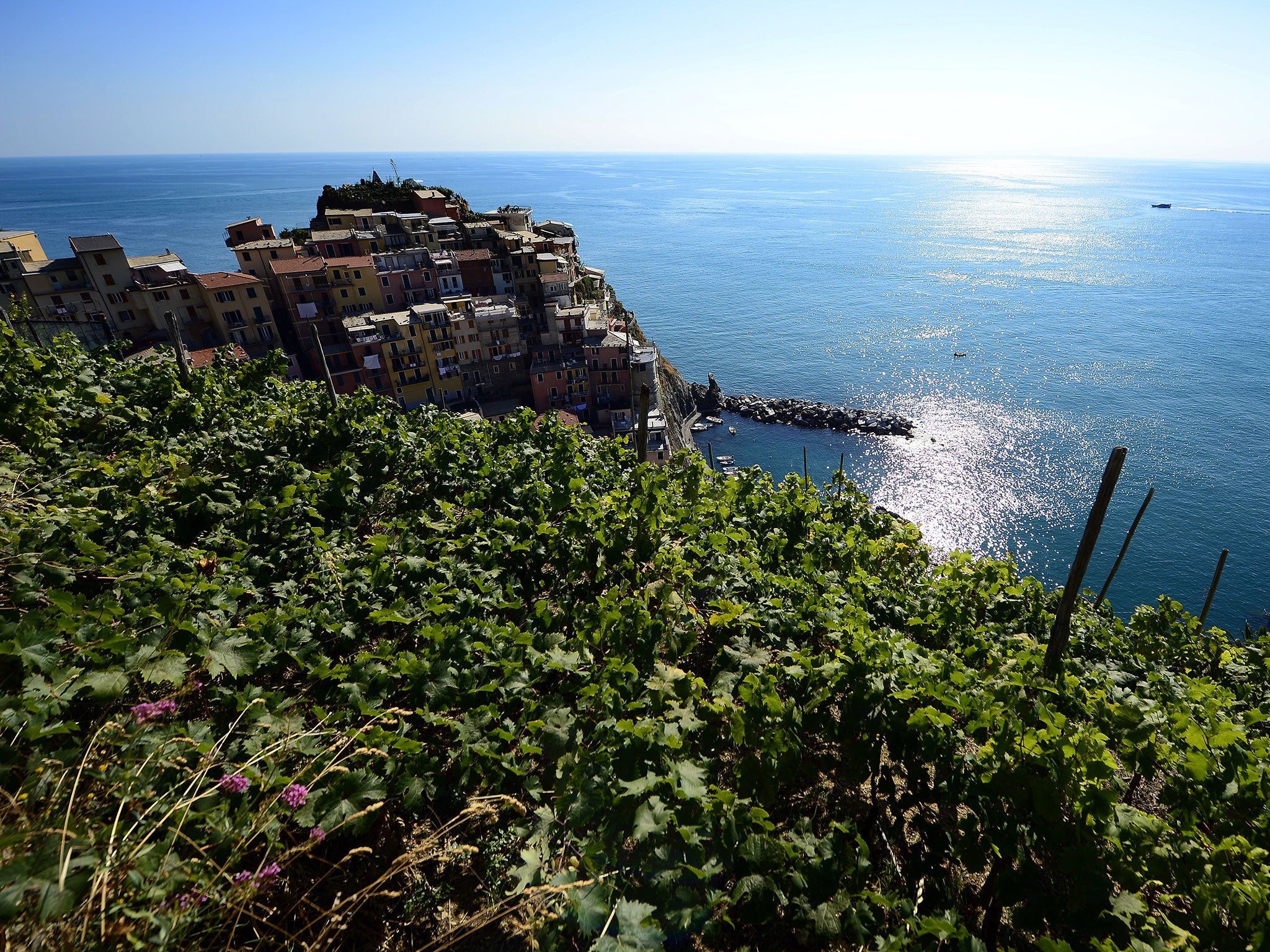Idyllic Italian town to ban tourists after being swamped by millions of visitors
The cluster of fishing villages are struggling to cope with the 2.5 million visitors flocking every year

The tourism sector has arguably been one of the biggest casualties of the global financial crash; as hotels and resorts struggle to stay afloat and visiting figures have plummeted. But, whilst many businesses are desperately trying to increase visitors, resort towns in Italy are doing the very opposite and are reportedly banning tourists.
Cinque Terre is comprised of five brightly coloured and picturesque fishing villages which host some 2.5 million tourists each year.
This number is more than the villages can bear and locals fear that their community is being swamped by tourism, The Local reports.

In a bid to reduce tourism, park authorities are reportedly going to set a fixed maximum number of tourists who will need to purchase a special access card online in advance of their visit. The precise number for the new quota has yet to be decided.
Visitors to the national park may also be assigned certain footpaths to walk on, amid fears that walkways are being eroded under heavy footfall.
National Park President Vittorio Alessandro told La Repubblica: “By this summer we should have all the data we need to tell us how many tourists can walk each footpath each day, according to weather conditions.”
Mr Alessandro said that locals recognised the decision was an unorthodox one, but insisted it was necessary. He said: “It seems like an eccentric idea, especially at a time when everybody else is trying to increase tourism and fill hotel rooms.
“But as a national park, we should also serve an educational function and we want to reduce tourism numbers to a more sustainable level.”
“It puts security at risk too. We have trains racing past crowded platforms full of stressed passengers and huge queues where pickpocketing is common.”
Join our commenting forum
Join thought-provoking conversations, follow other Independent readers and see their replies
Comments
Bookmark popover
Removed from bookmarks